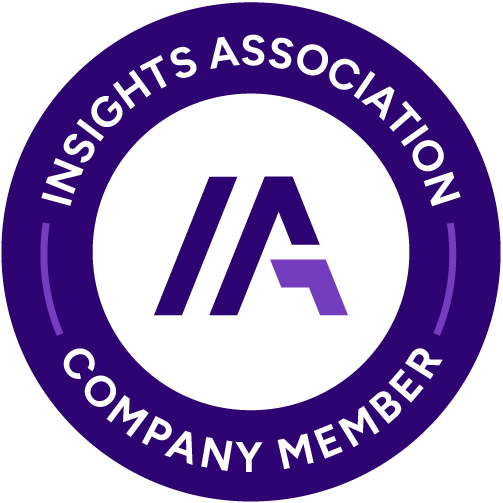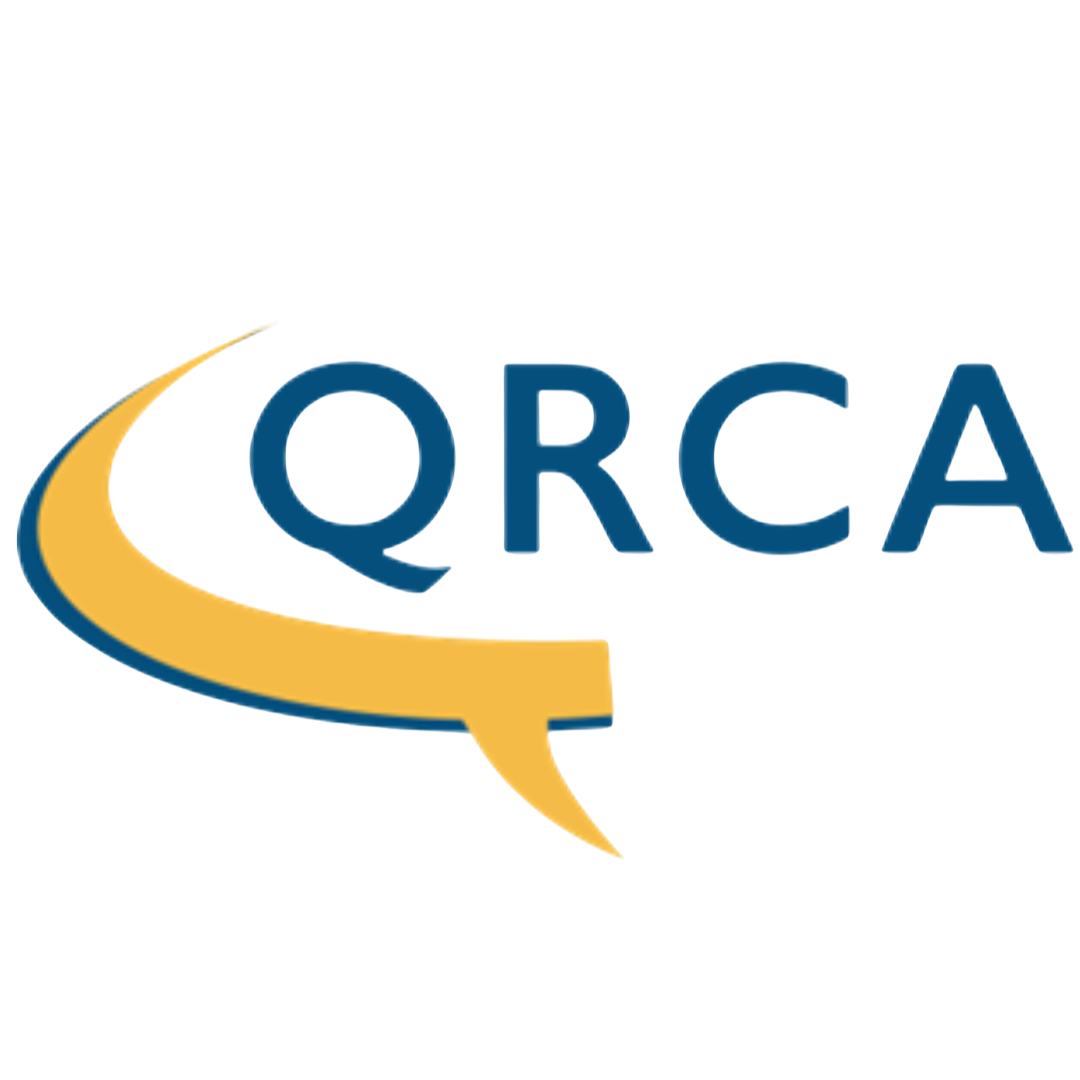The increasing implementation of artificial intelligence will bring changes to the way we work and the way we live. Trying to fight change never ends well. Neither does hiding your head in the sand. Embracing change is the only option, so that means accepting and embracing AI.
The majority of us are what would traditionally be classed as knowledge workers. It is our knowledge that makes us valuable. And for organizations and businesses it is our knowledge that gives us a competitive advantage.
But in the changing landscape with the continuing implementation of artificial intelligence, the possession of knowledge will no longer be a unique selling point. AI essentially makes all knowledge available to everyone, risking your value, your USP, and your worth.
A growing challenge for workers and organizations alike, is to try to compete with AI, which will be more efficient, more intelligent, quicker, and cheaper than humans.
Chat GPT at the time of writing is estimated to have 20 million active users a month. Many of us might be excited by how Chat GPT can aid us to do our jobs faster and more efficiently. But what many might fail to see is that Chat GPT can grow to soon outright replace our jobs.
Chat GPT is essentially a search engine on steroids. It can access all the information online and then present it as if coming from a human. It has the capability to write books, to code, or to even form legal arguments.
Within minutes, Chat GPT does what traditionally might take a human weeks or even months or years. And rather than simply copying and pasting from the internet, it alters its wording to avoid plagiarism or intellectual property infringement.
What this means is that precious information and knowledge that once gave organizations, businesses, and individuals leverage is now accessible to anyone. Therefore, business owners and workers will now have to compete against AI to find alternative ways to provide value.
Some might dismiss the significance of Chat GPT, arguing that it isn’t perfect, and it does make errors. However, the more it is used, and the more its mistakes are corrected, the more it “learns” and continues to correct its mistakes until it becomes perfect!
There are many questions left unanswered regarding how the future will look with the continuing implementation of AI. But to prepare for the inevitably approaching changes, we must ask ourselves how AI can be used to serve our organization, business, or job role. And more importantly, we must ask what role we can play to provide value and not be replaced by AI.
Some food for thought.
Connect with Veridata Insights today to discuss our services or request a personalized demonstration.















